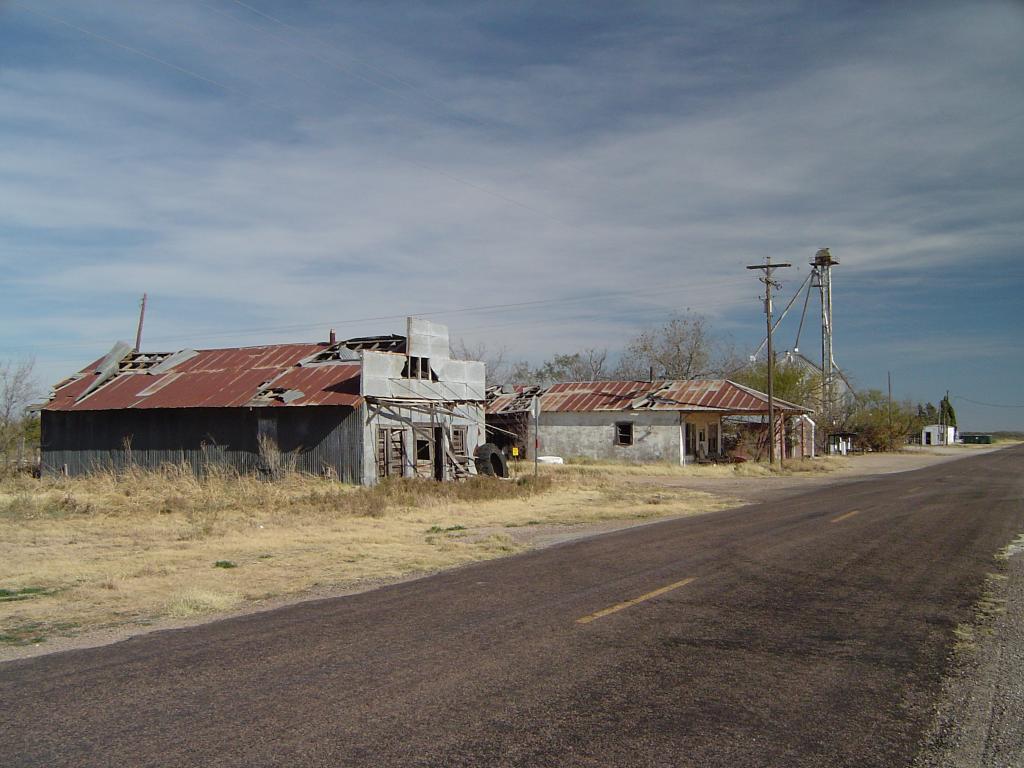 |
| Oracle chairman Larry Ellison's yacht. Looks nice when docked at his Hawaiian island, Lanai. (Yes, he owns his own island, but then so does Richard Branson.) |
Paul Krugman reacts to the reaction to another David Brooks column that deserves chuckles and frowns, not by attacking Brooks but by commenting on the wastefulness of people having too much money. Why do some want to have money they'll never have time or inclination to spend? Status, vanity, is your answer.
And one more thing: think about what this says about economic growth. We have an economy that has become considerably richer since 1980, but with a large share of the gains going to people with very high incomes — people for whom the marginal utility of a dollar’s worth of spending is not only low, but comes largely from status competition, which is a zero-sum game. So a lot of our economic growth has simply been wasted, doing nothing but accelerating the pace of the upper-income rat race.At least when Larry Ellison or David Geffen or some uber-rich guy spends their money, there's some marginal utility to it, regardless of how unseemly it might appear. But much of the acquired wealth of the top .1 percent just sits there, doing nothing and certainly not creating jobs. But then we knew that. A commenter on Krugman's post this morning put it well:
So we know that before the depression of the 1930s there was extreme inequity - The Gilded Age. The response was high taxes on the rich and social programs. These tiny little bandages over the gaping wound of capitalism worked from the late 1930s to the late 1970s a mere 40 years, hardly the blink of an eye. Then - as is ALWAYS the case with capitalism because it is like a robot unthinking and unable to do anything else the bandages which were little more than palliative were removed and capitalism prevailed.That's mighty Marxist of you, commenter. Actually, it's not, and contrary to the legions that condemn a Marxist view of history (Marx was primarily an historical philosopher, not a revolutionary), Marx had a lot right with his criticisms of capitalism. Unfortunately, the Bolsheviks ruined Marxism for the rest of us, but another commenter on Krugman's post gives us the straight poop on how to fix capitalism:
Yet, we hear from many that taxing the rich and making social programs more robust will solve everything.
History shows us what a failure these remedies are against the giant machine (robot) of capitalism which is incapable of doing anything except concentrating wealth into very few hands.
Is it really impossible for anyone to come up with an economic system which distributes the fruits of labor and invention properly the first time instead of a system which gives capital in vast amounts to 85 people while 3 billion have no water or toilets and then has to be redistributed (or not)?
The evidence of the stupendous failure of capitalism is everywhere to be seen [sic] redistribution is a con. Yet people ideologically cling to capitalism just as some cling to discredited austerity or others deny climate change.
Then why does capitalism and social democracy go hand in hand in nations like Sweden, Germany, Finland, Denmark, France, et al? Of course, in comparison to the US, it's because they are racially much more homogeneous, thus depriving the parties of plutocracies one of their principal attack points ("those people"). Capitalism is a monster in an inadequately regulated state. The answer is not to assume we can't tame it. The answer is to have multiple power centers, checks, and balances.Even in our nation with plenty of dark-skinned "those people," the real "those people" are the vaunted 99 percent, otherwise known as the rest of us. So, under our brand of capitalism -- practiced by much of the developed world -- we are so screwed. We don't need Marx to tell us that (but it helps).
 |
| The home of David Brooks' fellow columnist Thomas Friedman. His wife's money, but... |
Note. In keeping with my theme of the Republican Party's moral corruption, let's remind ourselves of what one of their 2012 presidential aspirants, former senator Rick Santorum, thinks of income inequality:
Here's an example of one of those "small towns all across America" Rick Santorum speaks of, after agribusiness gobbles up all the family farms:
 |
| Equality of opportunity in the Texas Panhandle. |

No comments:
Post a Comment